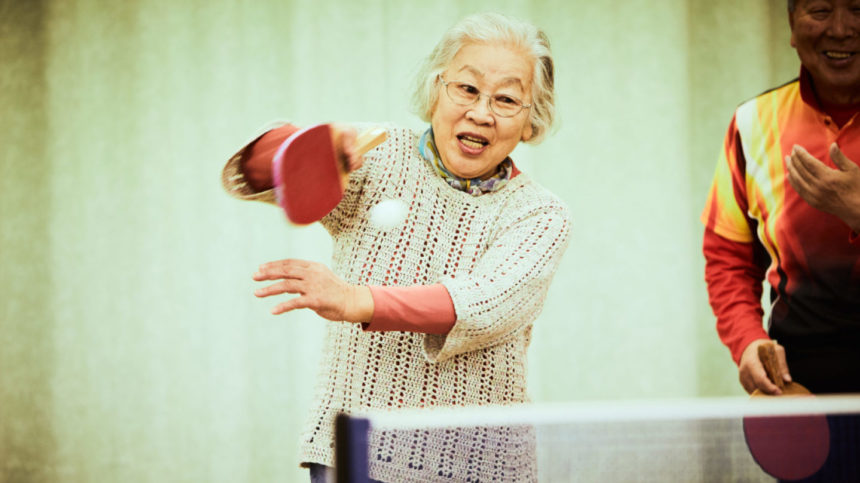
The game of table tennis may be therapeutic for older adults with Parkinson’s, a preliminary study from Japan has found.
Twelve senior participants with mild to moderate disease showed improved motor symptoms and functional abilities after engaging in weekly ping pong sessions for six months. The games were designed for people with Parkinson’s by experienced table tennis players from Fukuoka University’s Sports Science department.
When tested at three and six months, the ping pong players showed significant improvements in speech, handwriting, dressing, getting out of bed and walking, reported Ken-ichi Inoue, M.D. For example, participants who averaged more than two attempts to rise from bed each day were successful with only one attempt by the study’s end.
Parkinson’s symptoms also significantly improved, Inoue wrote. This included facial expression, posture, rigidity, slow movement and hand tremors.
“While this study is small, the results are encouraging because they show ping pong, a relatively inexpensive form of therapy, may improve some symptoms of Parkinson’s disease,” Inoue said.
A larger study is now being planned to confirm the results.
Full findings will be presented at the American Academy of Neurology’s 72nd Annual Meeting in Toronto.




